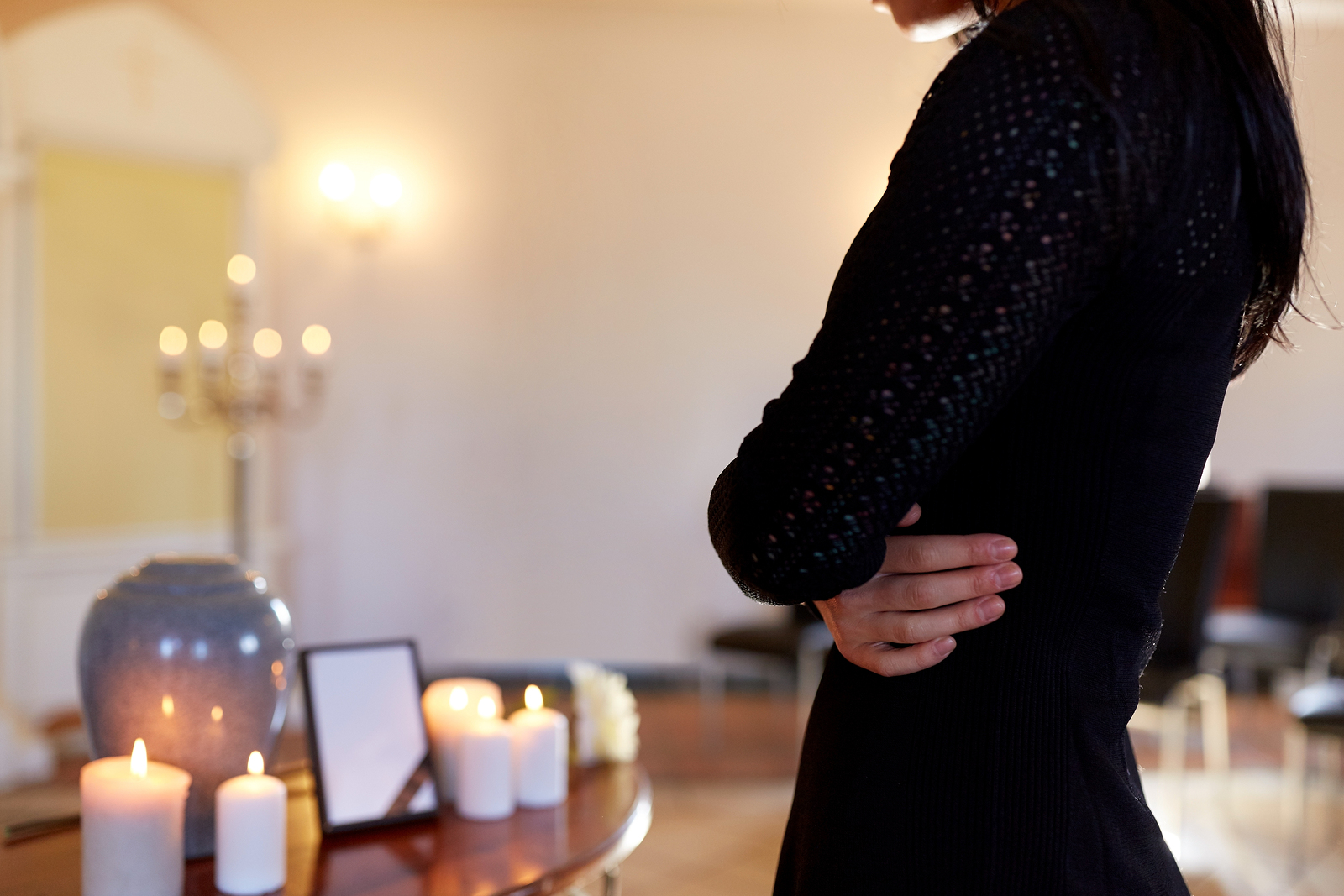They say two of the most important things pastors do are marry people and bury people. In a recent Baptist Messenger column, I talked about wedding trends, so now, I will talk about funeral trends.
The first trend is that funerals have some kind of theme, such as if a person liked motorcycles, those would be on display. As Americans, we like to personalize or customize everything, now including funerals.
Another trend is to focus on celebrating the life of the individual than mourning the death. This life-celebration emphasis puts a more positive tone on the occasion, as well as showing gratefulness to God. This approach could unintentionally obscure or defer the grieving process, but at the same time, we know Christians still grieve the heaviness of death of believers, but with hope (1 Thess. 4:13).
There is also a trend to move funerals farther away from the purview of churches. Some people may not feel the need to call on pastors for funerals since they can call on a funeral director. But pastors have an indispensable role, because we know that at the point of death and grief, only Jesus and His church will be true sources of lasting comfort and hope.
Perhaps the most obvious trend is the sudden rise of cremation in America, and this deserves our full attention. In 2015, cremation became more popular than burial for the first time in history, with the cremation rate (48.5%) surpassing the burial rate (45.4%).
To show how quickly this trend took place, just 10 years prior the “cremation rate was only 32.3 percent (while) the burial rate was 61.4 percent.” One hundred years earlier, cremation was practically unheard of. In fact, there were only two recorded cremations in North America prior to the year 1800, with “the first cremation in America (taking) place in 1876, accompanied by readings from Charles Darwin and the Hindu scriptures.”
So the practice of cremation has gone from nearly never done to now the majority’s choice, and as Russell Moore has pointed out, this trend has happened without almost any discussion.
For most people, cremation has been popularized because it’s expedient and makes “final expenses” less. No one disputes the fact that cremation is, generally, more inexpensive. What some do dispute is if it’s preferable?
Burial has benefits. To start, burial gives location for those left behind to grieve. If someone is cremated and has their ashes scattered at sea, the mourners have no physical location where to remember and grieve. Burial also shows that the body matters and is not just something to be disposed of after use.
In a larger sense, burial seems to be the predominant biblical mode. From Old Testament to New, from Leah to Lazarus, from Jacob to Jesus Himself, the Lord’s people were buried upon death. In fact, there are no recorded cremations in the New Testament.
One historian noted that, when Ancient Rome moved from paganism toward Christianity, Romans moved away from cremation toward burial. Burial, therefore, in a historical sense, was the distinctly Christian choice.
This cannot be an accident, as many other cultures and religions have cremated their dead. In Christianity, burial lays the body to rest until it will be resurrected. There is a direct correlation between the body you now have and the resurrected body you will have upon glorification. In fact, early “Christian gravesites were called “coemeteria” (cemeteries), which literally means ‘sleeping places,’ reflecting belief in a future resurrection,” according to Timothy George.
When we bury the dead, we point to the fact that one day Christ will resurrect us from the grave. That being said, many godly Christians have chosen or will choose cremation, and the Bible does not specifically condem cremation. We also know that God can and will resurrect all people, whether buried or not (John 5:28-29).
Regardless of your personal view on any of these funeral trends, it is always important to step back and take notice of end-of-life matters. Because, as Christians, we want our deaths, as well as our lives, to send a Christ-honoring message to the watching world in every way possible.
